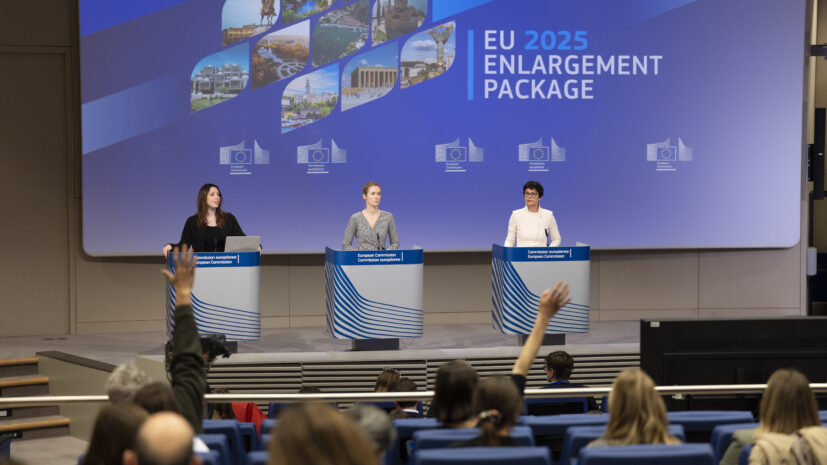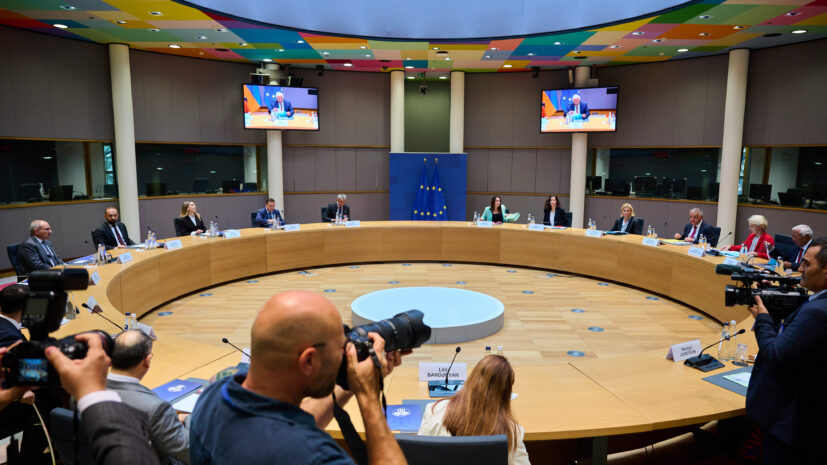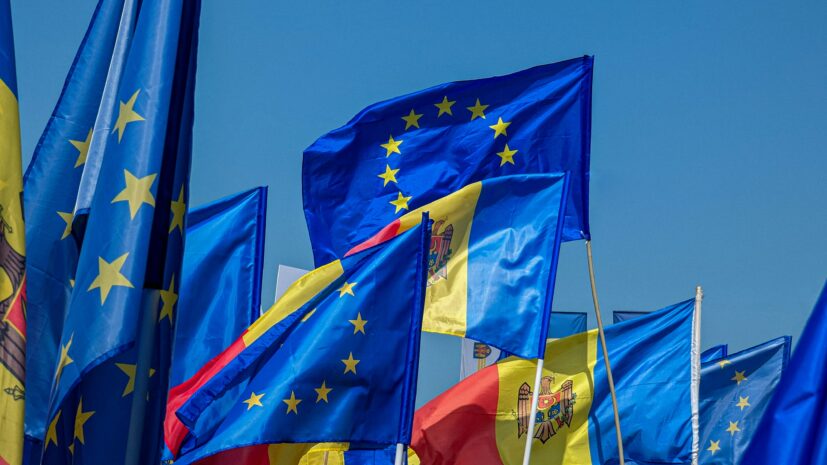The Eastern Partnership Think Tank Network (EaP TTN) addresses urgent challenges stemming from Russia’s full-scale invasion of Ukraine, advocating for a more strategic EU response in the Eastern Neighborhood. Drawing on insights from over 90 think tanks across the EU and Eastern Partnership (EaP) countries, the network provides strategic analysis on foreign policy, security, connectivity, and domestic developments. It also examines the regional impacts of EU enlargement.
The project aims to enhance policy analysis and capacity within the network and to support informed dialogue among think tanks, EU institutions, and policymakers. Through targeted activities, EaP TTN promotes collaboration and knowledge-sharing between think tanks and EU policymakers, fostering discussions on EU policies, regional conflicts, and resilience-building across the EaP region. By creating a platform for comprehensive policy exchange, EaP TTN seeks to make dialogue on the Eastern Partnership and enlargement policies more responsive, systematic, and impactful.
Founded in 2020, the network is supported by the European Commission’s Directorate-General for Enlargement and the Eastern Neighbourhood (DG ENEST).



Updates



